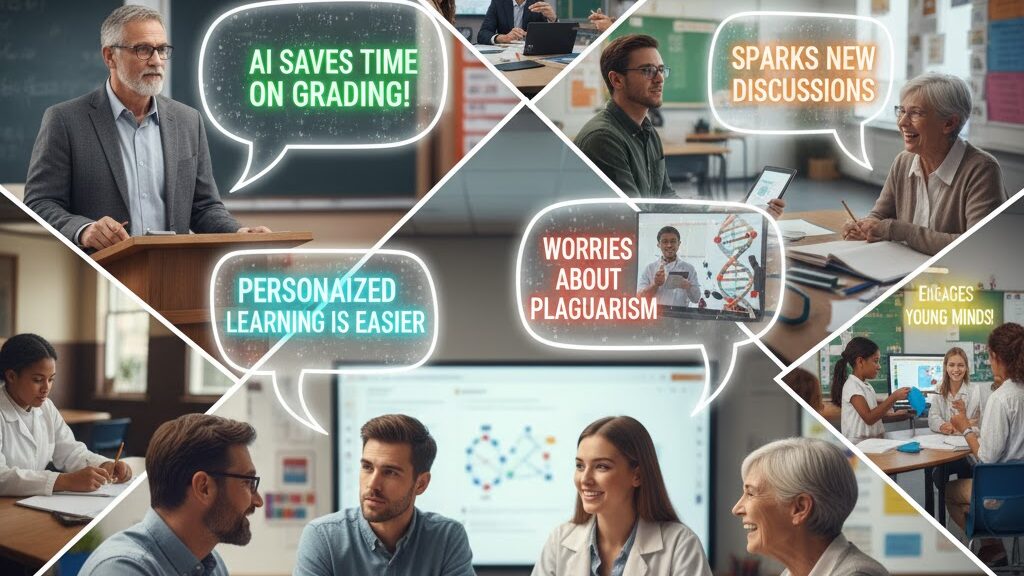
Source
The Conversation
Summary
Researcher Nadia Delanoy interviewed ten Canadian teachers to explore how generative AI is reshaping K–12 classrooms. The teachers, spanning grades 5–12 across multiple provinces, described mounting pressures to adapt amid ethical uncertainty and emotional strain. Common concerns included the fragility of traditional assessment, inequitable access to AI tools, and rising workloads compounded by inadequate policy support. Many expressed fear that AI could erode the artistry and relational nature of teaching, turning it into a compliance exercise. While acknowledging AI’s potential to enhance workflow, teachers emphasised the need for slower, teacher-led, and ethically grounded implementation that centres humanity and professional judgment.
Key Points
- Teachers report anxiety over authenticity and fairness in assessment.
- Equity gaps widen as some students have greater AI access than others.
- Educators feel policies treat them as implementers, not professionals.
- AI integration adds to burnout, threatening teacher autonomy.
- Responsible policy must involve teachers, ethics, and slower adoption.
Keywords
URL
Summary generated by ChatGPT 5

